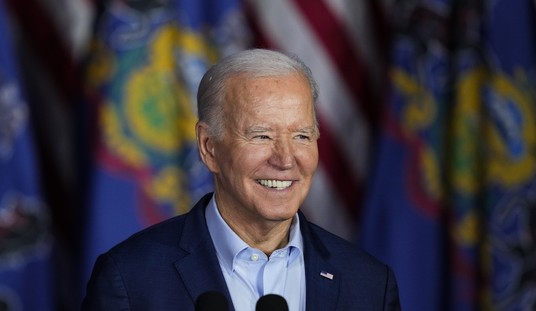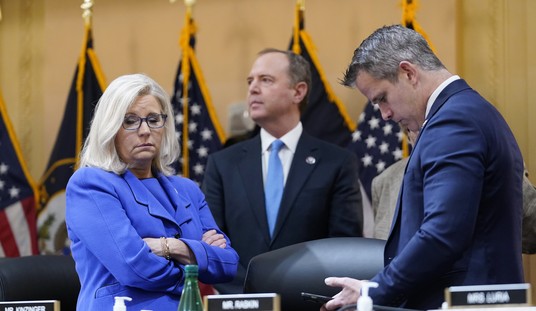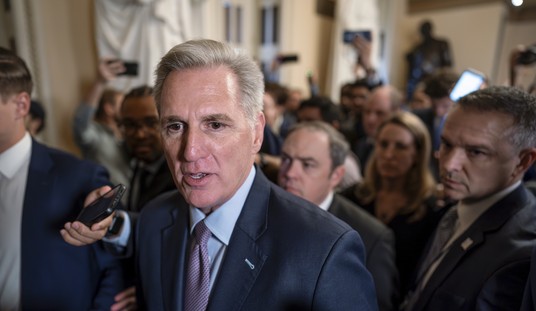Who knew it was this easy?!
In an interview with Bob Woodward of the Washington Post last week, Trump addressed the $19 trillion of national debt our country is now saddled with, offering up his proposal to eliminate the debt. His proposal doesn’t involve tax increases, nor does it involve closing loopholes under the current system.
Donald Trump is going to solve our national debt crisis solely by using his MAGICAL NEGOTIATING POWER.
In a transcript below from the Washington Post, he “explains” how he would do this. You know, as well as Donald Trump can explain anything that he doesn’t understand (which is practically everything).
Donald Trump: We’ve got to get rid of the $19 trillion in debt.
Bob Woodward: “How long would that take?”
Trump: “I think I could do it fairly quickly, because of the fact the numbers…”
Woodward: “What’s fairly quickly?”
Trump: “Well, I would say over a period of eight years. And I’ll tell you why.”
Woodward: “Would you ever be open to tax increases as part of that, to solve the problem?”
Trump: “I don’t think I’ll need to. The power is trade. Our deals are so bad.”
Woodward: “That would be $2 trillion a year.”
Trump: “No, but I’m renegotiating all of our deals, Bob. The big trade deals that we’re doing so badly on. With China, $505 billion this year in trade. We’re losing with everybody.”
No, but he’s renegotiating our deals, guys. Don’t you get it? He will single-handedly save us all with his negotiating superpowers. And everyone he deals with will just nod their heads and go along with everything Trump says because he’s just that charming, or something. And by the way, the Census Bureau cites a $366 billion deficit with China, not $505 billion.
Oh, and also by the way, trade deficits aren’t even relevant to the national deficit. Trade deficits measure how much private companies in the US export versus import. Our national deficit is how much our government spends versus how much it takes in. These two deficits are not even related concepts. Literally the only thing they have in common is the word “deficit.” But these are all just minor details.
To Woodward’s credit, he doesn’t let Trump off the hook with his inane answer, yet also gives him a chance to clarify in the event Trump didn’t want to come off as a complete moron. But this is Donald Trump we’re talking about.
So, here is Trump telling us he is going to eliminate the national debt just by using his awesome skills, and ignoring basic math. Thankfully, the Washington Post did a really great job of fact-checking his proposed “plan” to show how it fails to add up, not that Trump supporters will care at this point.
According to a January projection by the Congressional Budget Office, the federal government will run an additional $6.8 trillion in additional deficits between 2017 and 2024. So the task is not $19 trillion, but nearly $26 trillion over eight years.
Why are deficits expected to climb? That’s because the baby-boom generation is retiring, running up the cost of mandatory spending programs, such as Social Security and Medicare. Alone among Republican hopefuls, Trump has pledged not to touch entitlement spending. So unless he wants to start breaking some campaign promises, one presumes he would not seek to change the laws governing most mandatory spending.
That leaves discretionary spending, which Congress votes on year after year and funds the basic functions of government, such as defense, homeland security, highways, and so forth. In the eight years of a putative two-term Trump presidency, the CBO projects a total of $10 trillion in discretionary spending. So even if Trump eliminated every government function and shut down every Cabinet agency, he’d still be $16 trillion short.
Of course, one can also eliminate deficits with higher revenues. But remember that Trump has ruled out raising taxes. In theory, the government could gain additional revenue if the economy does better than projected, so let’s assume Trump’s trade initiatives don’t lead to trade wars and recessions but a bountiful, booming economy. What’s reasonable to expect?
The CBO projected revenues would be about 18.1 percent of the gross domestic product in the 2017-2024 period. We checked the historical records and found that revenues in the last half century once reached a peak of 20 percent of GDP in 2000 — during the Bill Clinton administration, the last time the government ran a budget surplus.
But even if revenues achieved 20 percent of GDP year after year, that would only add an additional $4 trillion in revenue over eight years. (We are assuming the elimination of basic government functions does not wreck the economy.)
Trump is still $12 trillion short.
Twelve trillion short, at best. That’s some insanely faulty math, Donald.













Join the conversation as a VIP Member